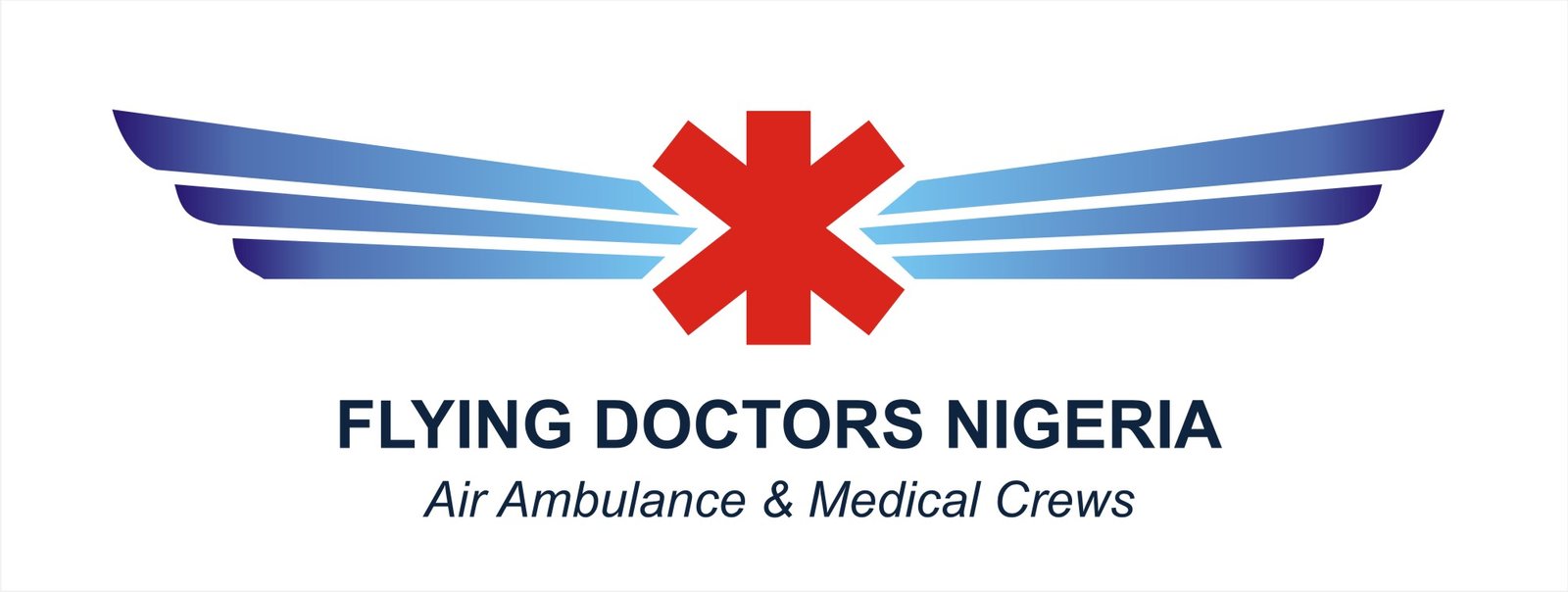
Written by Folake Owodunni
Jirola Jegede owns a successful printing company in Ogun state. 16 years ago, he began as an apprentice and the only employee of his late boss, and slowly built the company into an operation with 50 full-time staff, and clients in nearly all of Nigeria’s 36 states. Although the last two years had been very difficult for the business, he had managed to keep all his staff employed and paid. Money was still tight, however, and the pressure to find new clients was growing. These days, he spent more time
After a day trip to Lagos, Mr. Jegede returned to his office around 5pm. He asked his assistant, John, to make him some tea, then he settled in to work. When John entered his boss’ office to deliver the tea, he found Mr. Jegede clutching his chest and breathing heavily. Within a few seconds, Mr. Jegede collapsed.
The next few minutes of action determined whether Jirola Jegede would live or die. Fortunately, John quickly suspected a heart problem and called for help. Within minutes, he was on the phone with an emergency doctor who coached him to deliver CPR to Mr. Jegede while waiting for an ambulance to arrive. Within the hour, Mr. Jegede was stabilized and on an air ambulance flight to a cardiology specialist in Lagos. By the time Mr. Jegede was well enough to return home, he reflected on how fortunate he was to be alive.
Not everyone who suffers a sudden, severe emergency in Nigeria lives to tell the tale. Jirola Jegede’s access to an air ambulance determined how quickly he was able to receive life-saving specialist care. Air ambulances not only saves lives, but play two key roles in society:
The Social Role: Loss of loved ones is always difficult and the emotional toll on families and friends can have far-reaching effects including depression, physical ill health, and isolation. Air ambulances spare families from untimely loss by connecting those in need of care to specialists who can deliver it, regardless of distance and terrain. In developed countries like the United States and United Kingdom, the average ground ambulance response time is about 8 minutes, reaching upwards of 15-30 minutes in rural areas. In Nigeria, ambulance responses and emergency transportation to hospitals are complicated by vehicle and personnel shortages, heavy traffic, and poor road infrastructure. If the victim requires specialist care that is only available in a few hospitals inside or outside the country, chances of survival without access to an air ambulance fall significantly.
The Economic Role: The thought of leaving his family and employees behind was frightening to Mr. Jegede, not just because of the emotional pain they would suffer, but the inevitable financial pain. He was the only breadwinner, and employer to many who were the primary breadwinners for their families. With 5 people in the average Nigerian family, his company directly supported 250 people, and indirectly cared for thousands more with the services his business provided. The loss of a single individual in this case would be economically devastating for entire families and communities.
The economic role of air ambulances is not limited to financial impact on individual families. Air ambulances help to centralize specialty healthcare services with a few hospitals that have the medical personnel and equipment to address these cases. Centralizing specialty care is a known strategy for maintaining high quality care for patients, by ensuring that specialists treat enough cases to develop their expertise. Centralization also reduces overall costs to the health system through economies of scale.
Much effort and investment is needed before Nigeria can boast a large enough fleet of air ambulances to see the above effects on a large scale. Indeed, much investment is needed to bring our ground ambulance numbers up from the current ambulance to person ratio of 1 to 182,000 to the effective standard of 1 ambulance to 30,000 people. Nigeria’s best hope for achieving this full spectrum of emergency medical transportation and care is collaboration between private emergency medical services providers and federal and state governments. The 2019-2023 political term presents a renewed opportunity for Nigeria to meet its commitment to funding and supporting the development of emergency medical services as laid out in the National Policy on Emergency Medical Services and Guidelines for National Ambulance Services launched in 2018. Done well, we will celebrate more stories like that of Mr. Jirola Jegede.
References:
https://www.nuffieldtrust.org.uk/resource/ambulance-response-times
https://www.healthdirect.gov.au/effects-of-grief
https://dhsprogram.com/pubs/pdf/FR148/02Chapter02.pdf
Fixing Nigeria
Communique on the Launching of the National Policy on Emergency Medical Services and Guidelines for National Ambulance Services.


Hi, constantly i used to check blog posts here early in the dawn, since i like to gain knowledge of more and more.